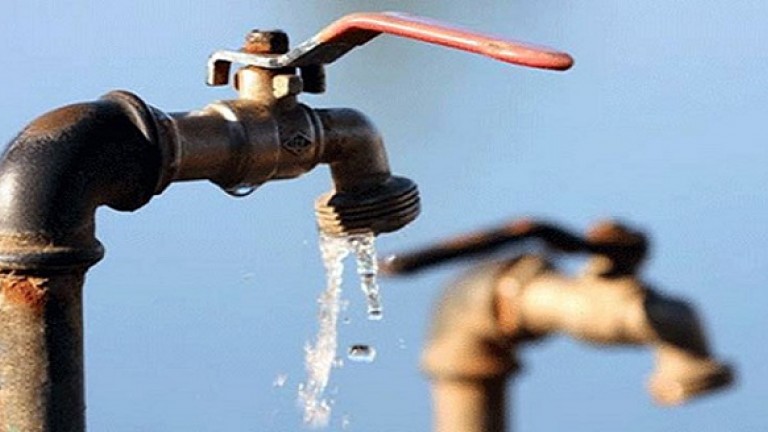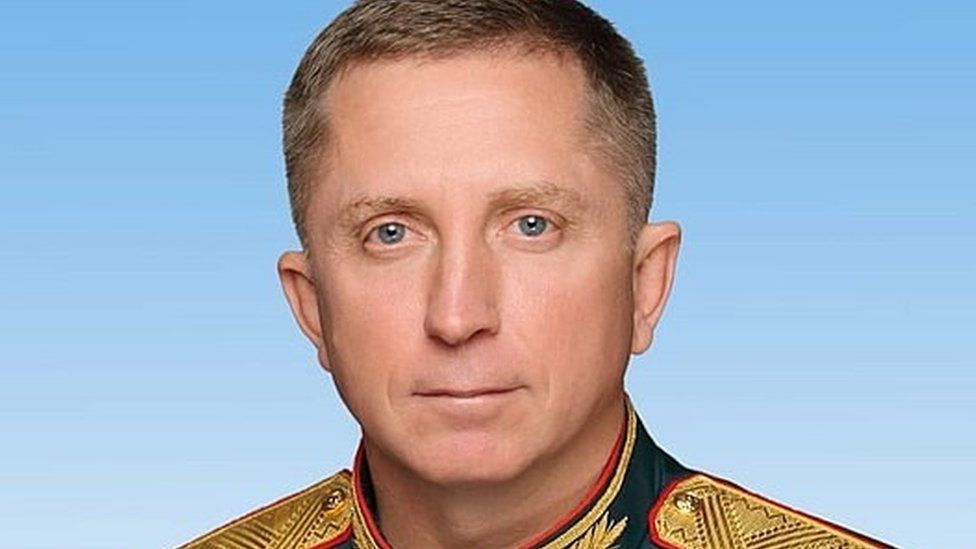Shkoi Kurdistan-
Erbil’s water shortages are still a great problem, even though governor Omed Khoshnaw has announced that Erbil’s water shortages will end on Sunday, providing particular relief to areas affected by water quality problems from the Ifraz 3 water treatment plant.
“Erbil’s water shortages, caused by dirty water, are set to end today in most neighbourhoods. We will need to wait for a few hours for the water storage to be refilled,” Khoshnaw told Shkoi Kurdistan on Sunday.
“We even tried to supply the dirty water to the people, but the water pumps weren’t working. Therefore, we had no choice but to wait,” he added.
As a result of recent rain in mountainous areas of the Kurdistan Region, the Great Zab River, which supplies one-third of water to the city of Erbil, has been affected by flash floods.
“The mountainous areas have received heavy rain for the past three days. When the water of the Great Zab river turned muddy, Erbil’s water directorate shut down the Ifraz water treatment plant to protect it from damage,” added Erbil Mayor Nabaz Abdulhamid.
Erbil is facing problems with its water quality for the first time in 30 years, according to Khoshnaw. Last month, he predicted the Kurdistan Region would face a heightened water crisis in August.
In Erbil, over a third of water comes from surface-level sources which mostly derive from the Great Zab river, nearly 25 kilometres northwest of the city. Nearly two-thirds of Erbil’s water supply comes from 9,000 official and 5,000 illegal water wells, according to Koshohnaw.
“The drought this year is very severe, not only in Iraq but also in neighbouring countries. In Erbil, I can confirm that 40 water wells have completely dried out. Most of the others have seen a decrease in water levels. The electricity crisis has also caused water shortages,” added Abdulhamid.
Ifraz 3 pumps 200,000 cubic metres of water to Erbil on a normal day, which serves 14 of the city’s neighbourhoods. Its operations have been halted since Tuesday.
Hiwa Abdulrazaq, director of Ifraz 3 water treatment plant told Shkoi Kurdistan on Sunday “As of 9 a.m., the water turbidity was 9,600 NTU. It has decreased a lot since yesterday. It was 22,730 NTU yesterday. We are waiting until the level decreases a bit more before we restart operating the pumps. We will re-operate them today if there are no issues,” plant director Hiwa Abdulrazaq told Shkoi Kurdistan on Sunday,
As part of their efforts to deal with the water shortages in Erbil, Abdulhamid said they have dug tens of water wells to help resolve the situation.
However, it is hoped that Ifraz 4 will put an end to Erbil’s water crisis.
“We have completed all preparations for the implementation of that project. It is a massive project that is being implemented by a British company. The implementation has been delayed by the financial, political, and security situation in the past few years. When completed, it will eliminate the water issues in Erbil,” Abdulhamid said.
The Kurdistan Region and Iraq are regularly affected by water shortages, however, this year the situation has been particularly bad as there was less snowfall and rain than normal during the winter and spring, as well as the construction dams in neighbouring countries
Water shortages in the Kurdistan Region are also attributed to poor water management and inadequate funding. A budget of 2.5 billion dinars ($1.7 million) was allocated in June by the Kurdistan Regional Government (KRG) for drinking water.



